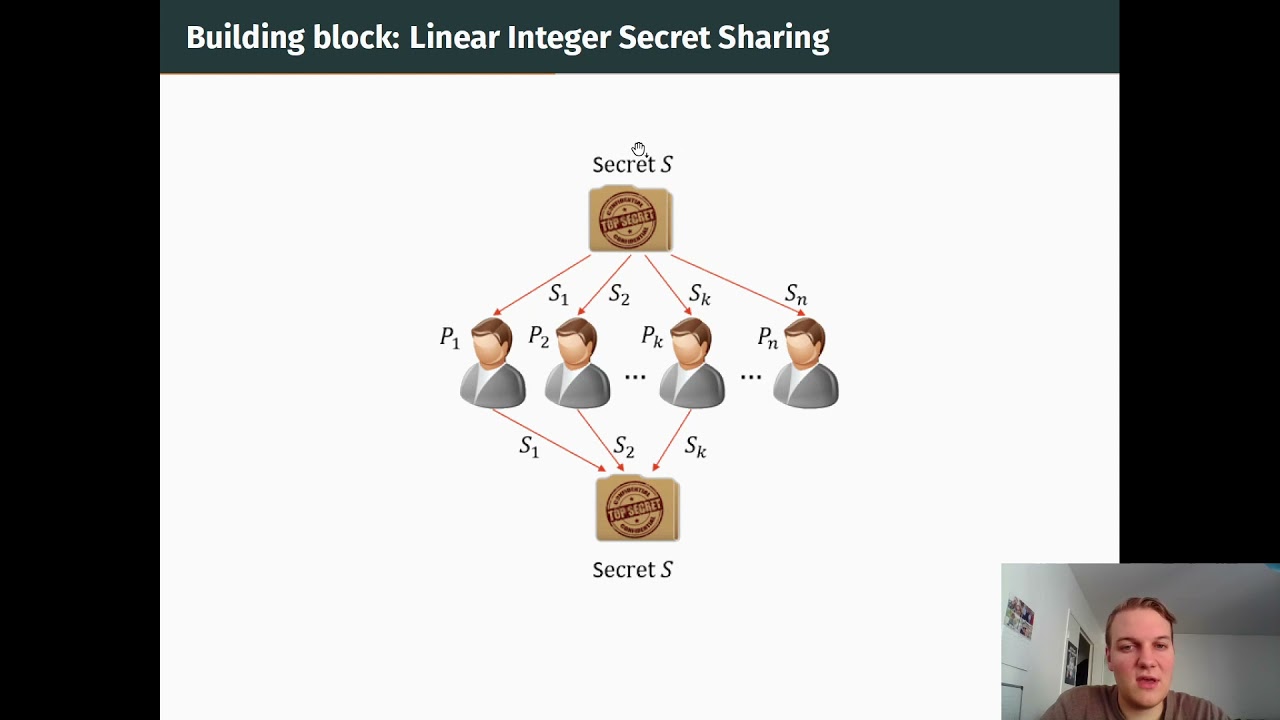Welcome to the resource topic for 2021/630
Title:
Non-Interactive CCA2-Secure Threshold Cryptosystems: Achieving Adaptive Security in the Standard Model Without Pairings
Authors: Julien Devevey, Benoît Libert, Khoa Nguyen, Thomas Peters, Moti Yung
Abstract:We consider threshold public-key encryption, where the decryption servers distributively hold the private key shares, and we need a threshold of these servers to decrypt the message (while the system remains secure when less than the threshold is corrupt). We investigate the notion of chosen-ciphertext secure threshold systems which has been historically hard to achieve. We further require the systems to be, both, adaptively secure (i.e., secure against a strong adversary making corruption decisions dynamically during the protocol), and non-interactive (i.e., where decryption servers do not interact amongst themselves but rather efficiently contribute, each, a single message). To date, only pairing-based implementations were known to achieve security in the standard security model without relaxation (i.e., without assuming the random oracle idealization) under the above stringent requirements. Here, we investigate how to achieve the above using other assumptions (in order to understand what other algebraic building blocks and mathematical assumptions are needed to extend the domain of encryption methods achieving the above). Specifically, we show realizations under the Decision Composite Residuosity (DCR) and Learning-With-Errors (LWE) assumptions.
ePrint: https://eprint.iacr.org/2021/630
Talk: https://www.youtube.com/watch?v=C9qDd_cyoNE
Slides: https://iacr.org/submit/files/slides/2021/pkc/pkc2021/194/slides.pdf
See all topics related to this paper.
Feel free to post resources that are related to this paper below.
Example resources include: implementations, explanation materials, talks, slides, links to previous discussions on other websites.
For more information, see the rules for Resource Topics .
